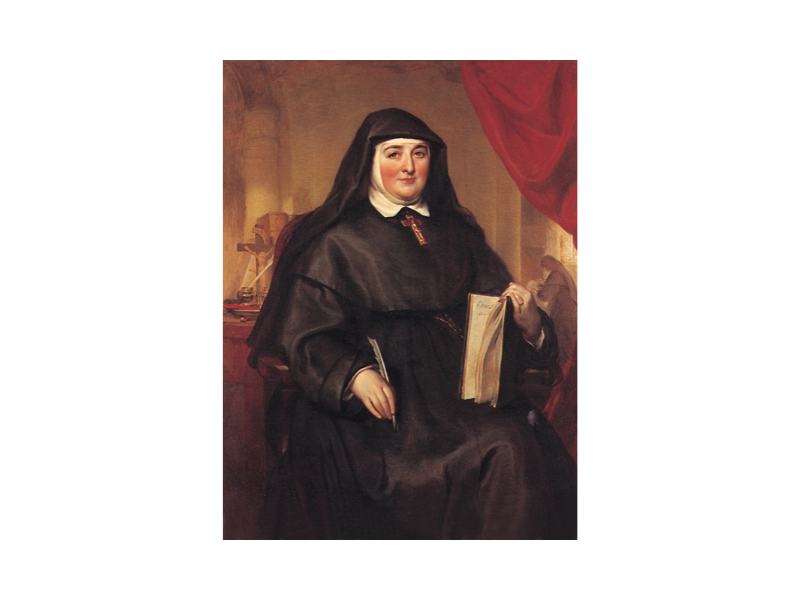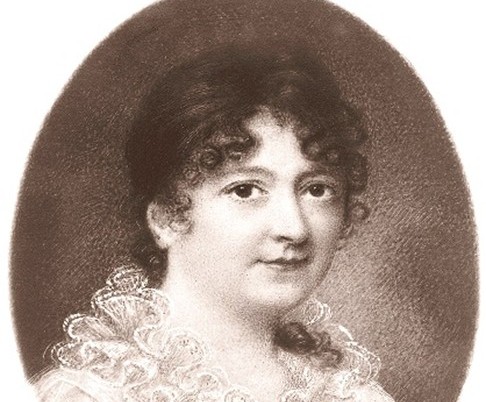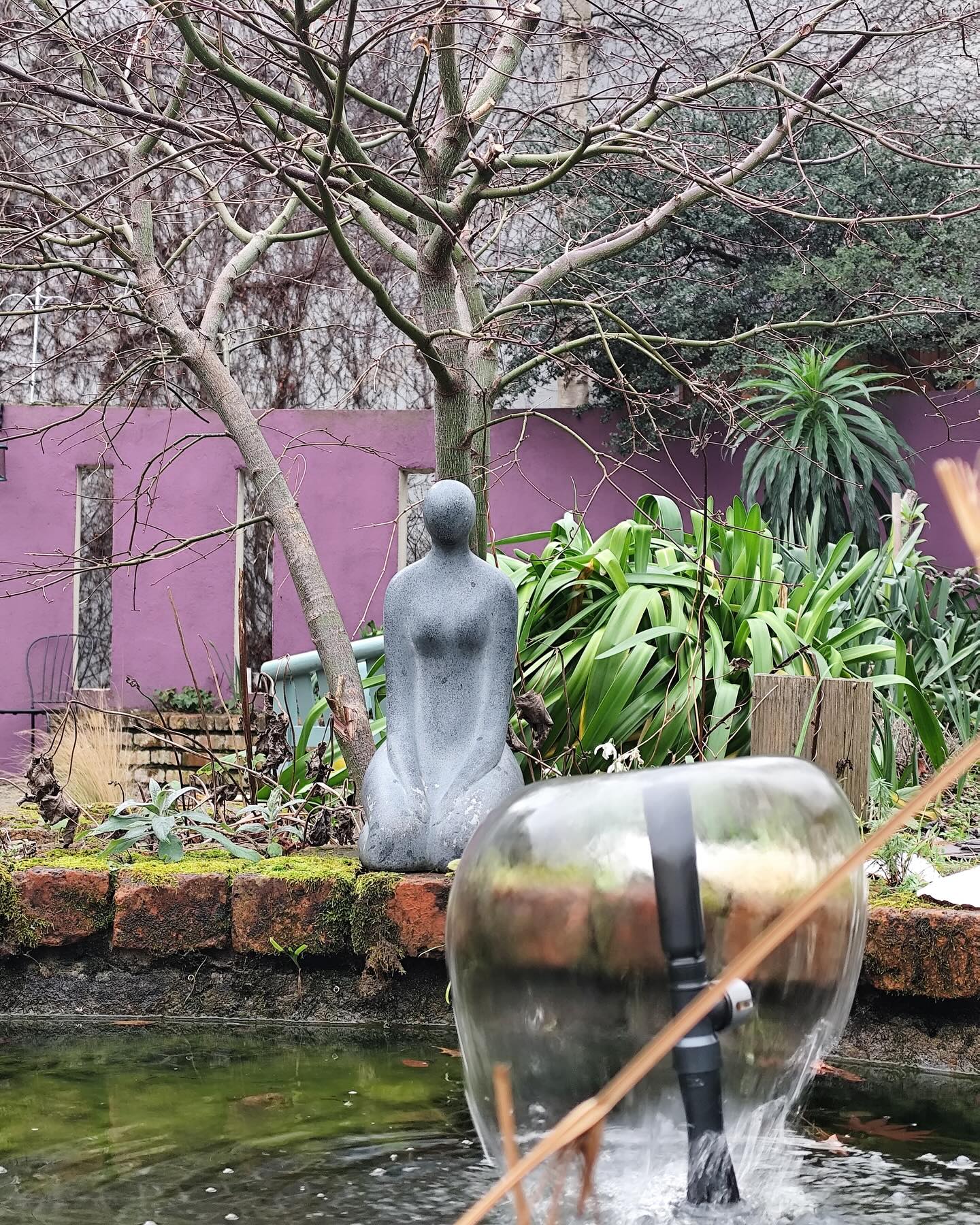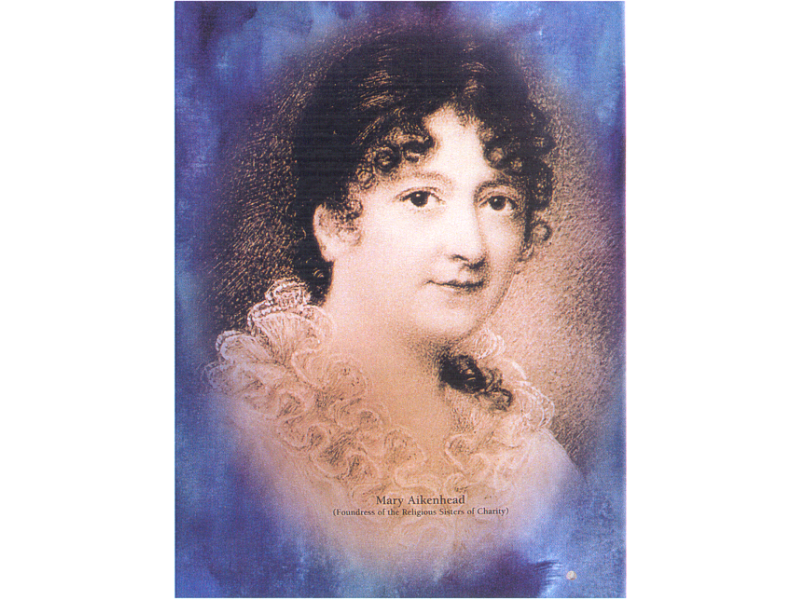
BECOMING ADEQUATE INSTRUMENTS OF MERCY
FOR THE POOR
“Mary Aikenhead’s love of the Poor”
The year 1842 was not an easy one for Ireland. The country carried on its shoulders the burden of misery: large families living with little or nothing, men and women almost entirely dependent on the potato crop, always at risk of disease and famine. The cities, though animated by commerce and carriages, hid dark courtyards, unhealthy houses, streets filled with poor people stretching out their hands for a piece of bread.
Dublin, with all its contrasts, made this reality evident. Around St. Stephen’s Green, where elegant houses overlooked the gardens, there were also figures bent with fatigue, mothers with barefoot children, beggars who stood silently along the roads. There, like a discreet and luminous sign, stood St. Vincent’s Hospital: a place of care, welcome, and hope for those who had nothing. But in that summer, even that oasis of charity went through a time of suspension.
The hospital wards were closed for renovation works. In particular, St. Joseph’s ward, which housed the gravely ill, remained shut for a long time. The prayers of the Sisters and the sighs of the poor were no longer heard, but only the hammering of the workers, the swish of brooms, the acrid smell of lime. The air was thick with dust, and the silence of the absent sick weighed like a wound. Mary Aikenhead, forced to move to the lower floor in a temporary room, noted with realism the discomfort of that “dust and additional confusion” invading everything.
That absence was not neutral for her. Each day of closure meant faces still waiting, bodies without shelter, cries that found no response. For Mary, the time of renovations was a time of the Cross: the impossibility of welcoming the poor was a sorrow that pierced her heart, for she considered them truly the Lord’s chosen ones. Yet, even in the clamour of hammers and in the painful treatments she herself had to endure, her faith did not falter.
It was in this context, during the Octave of the Assumption, that she wrote a phrase destined to become the seal of her mission:
“The Poor are the chosen children of the Lord, but we are called to
be the Instruments of His mercy and protection in their favor, we
must try to become fitting instruments”. (Mary Aikenhead, 1842)
These were not words crafted for a solemn discourse. They were the fruit of daily life: of the dust that stole her breath, of the pain that confined her to bed for days, of the communities awaiting her letters. That phrase was born from a silent and concrete offering: the desire that, despite closures and hardships, nothing might prevent God’s mercy from reaching His chosen children.
Thus, even when resources were scarce, charity found new paths. The Sisters, encouraged by Mary, used their spare time to make small objects, embroidery, and simple crafts, later sold in bazaars. Gifts offered by benefactors became prizes for raffles, signs of solidarity that turned into bread for the poor. Everything, even the smallest, was transfigured into an instrument of support: poverty itself became creative, able to generate new forms of sharing.
Mary did not cease to care not only for the material needs of the mission but also for the minds and spirits of the Sisters. She was convinced that charity toward the poor must arise from a heart rooted in the Word and formed in contemplation. For this reason, she strove to provide them with suitable books, sometimes specially translated from French, texts that could strengthen their inner life and make them more steadfast in their mission. Reading, study, and meditation were for her not a luxury for a few, but the essential nourishment for anyone who wished to dedicate their life to the service of the most vulnerable.
The meditations she wanted printed for Advent and for the liturgical year served this twofold purpose: they nourished the communities spiritually, and at the same time became a concrete instrument of charity, since their proceeds went to the sick poor.
Thus, what was born from faith immediately became sustenance for those who suffered. Here her profound vision was revealed: faith and life could never be separated; contemplation and service were the two wings of the same vocation.
Her desire for justice and charity was never confined to words or intentions. It was translated into concrete choices, often simple in the eyes of the world, but profound in their evangelical meaning.
Thus, even the decision to commission an altar in Cork became for her an occasion of good. It was not only about adorning a chapel with dignity, but also about creating work opportunities for the city’s poor artisans, men who perhaps had no other way of earning bread for their families.
In this gesture her vision became clear: liturgy could not be separated from life, adoration was inseparable from justice. True beauty of worship had to intertwine with the dignity of labour; the glory given to God could not but pass through the relief of His most needy children. For Mary, there was no distance between faith celebrated and life lived: every choice, even one that seemed to others a mere detail, was for her an occasion of mercy, an act of love able to raise up those bowed down by toil and misery.
In that same year, a new foundation opened in Waterford. Mary could not travel, but she insisted that experienced Sisters accompany the community’s first steps. Providence was not slow to show itself: benefactors provided a house, financial support, and even a chapel furnished with care. In such provisions, Mary recognized the discreet signature of God, who never abandons those who entrust themselves to Him.
Despite her illness, which forced her into long days of suffering, Mary tried to keep alive the connection with the communities. Her letters, awaited like a mother’s words, were for her a constant effort, even amid interruptions and weariness. She apologized when she wrote late, aware of how much her Sisters longed for her voice. And when a superior was absent for travels or duties, the weight of responsibility fell on her, and she felt the loss. Yet, even from that solitude, she drew strength: her mission was not founded on her own energies, but on surrender to God.
Her heart was attentive to the young Sisters, the novices who brought enthusiasm and new energy. In them Mary saw the future of the Congregation, fragile shoots needing to be protected and guided. She rejoiced in their talents, encouraged each one to let them flourish, and with the patience of a vigilant mother, taught them to transform them into gifts for the poor. The spiritual motherhood that animated her was never possessive: it was an accompanying and sustaining, a letting them grow in the freedom of their vocation.
With the same vigilant care, she also knew when a young woman was not suited to that path, and with delicacy she made difficult decisions, even at the cost of being misunderstood. For her, it was not rejection, but an act of love toward the person and the mission, so that vocation could rest on authentic and solid foundations.
Her motherhood extended especially to the Sisters who were ill. She asked prayers for them, especially for those nearing the end of life. She herself, marked by pain, did not close in on herself but transformed her own suffering into compassion. Thus, she became even closer, more understanding, more motherly.
The phrase entrusted during the Octave of the Assumption was not left as ink on a page: it was the synthesis of the inner path Mary herself was walking. It was not enough to recognize the poor as the Lord’s chosen children: one had to allow oneself to be shaped, day after day, in order to become adequate instruments of His mercy. And this was the greatest mystery of her life: she never declared herself ready, but placed herself in a constant apprenticeship of love, where fragility was not an obstacle but a way.
Every physical limit, every pain of the body, every daily fatigue became for her an opportunity to hand herself over more to God, so that He might work through her weakness. To be adequate instruments did not mean perfection, but docility: allowing oneself to be shaped, like clay in the potter’s hands. In this humility her strength was rooted: not a generic love for the poor, but the certainty that in them shone the very face of Christ, and that only by becoming transparency of mercy could one truly serve them.
This is why her motherhood was so intense and fruitful: it sprang from a heart continually purified and expanded by the fire of charity. Mary never ceased to seek, even in the night of pain, the grace of being a docile and suitable instrument, convinced that the glory of God was manifested precisely in the care of the most fragile.
Thus, among the dust of construction sites, the difficulties of communities, and the storms of that winter, her life became a living testimony of the phrase she had written. Not a distant ideal, but the daily road: to become adequate instruments of divine mercy, until she was consumed entirely for the love of the poor, in whom she saw reflected the very face of the Lord.
___________________________
Points for Reflection
Mary Aikenhead’s journey in 1842 reveals to us that the mission to the poor is never an accessory duty, but the very substance of the Gospel. The poor are the Lord’s chosen children: to love them, serve them, and protect them means to touch the heart of God.
But Mary also reminds us that goodwill is not enough. For God’s mercy to reach them through us, we must become adequate instruments: allowing ourselves to be purified, formed, shaped by grace, until our life is no longer centred on ourselves but becomes transparency of His love.
Her experience challenges us: are we truly docile in the hands of the Lord? Do we accept our fragilities as opportunities for Him to act? Or do we settle for remaining incomplete instruments, marked by pride and self-seeking? Mary shows us that the path of holiness is a continuous apprenticeship in love, in which even suffering becomes a womb of fruitfulness.
To become adequate instruments of mercy means to live every gesture—a word, a gift, a hidden sacrifice—as a possibility of making Christ present. This is the space where our weakness is transformed into God’s power, and service to the poor becomes an encounter with His face.
_____________________________
Prayer
Lord Jesus,
who chose the poor as Your beloved children,
make us also docile and adequate instruments of Your mercy.
Purify our hearts from all pride,
shape them like clay in Your hands,
so that we may give with love
what You Yourself have placed within us.
Grant that, like Mary, we may never tire of seeking Your will,
turning daily struggles into offerings,
trials into opportunities of faith,
and fragilities into spaces of grace.
Teach us to see in the face of the poor
Your hidden presence,
and to serve them not with our own strength,
but with the power of Your Spirit,
which makes every act of love fruitful.
Amen.
Dr Valentina Karakhanian
Postulator.
Phyllis Behan RSC
Vice-Postulator







